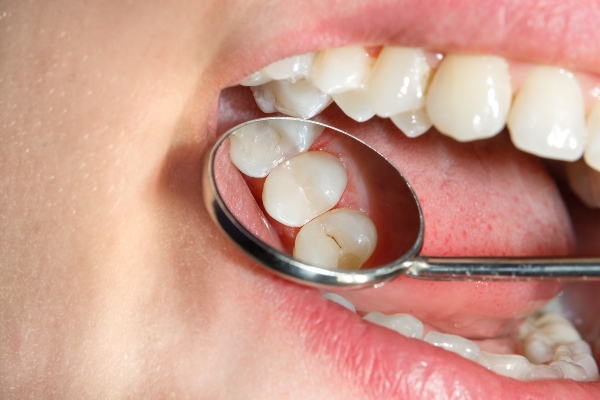Pediatric Dentistry Milestones for Children

As a child grows and develops, pediatric dentistry is an important area to address, along with routine health care. In fact, oral health should be a priority within the first few months of life. Understanding a child's dental milestones can help parents instill good habits in children while preparing for a healthier future.
Pediatric dentistry milestones
There are several phases and transitions in the life of a child that may warrant specific steps towards treatment or preventative care. Each milestone should be taken seriously and discussed with a dentist for the proper approach.
The first tooth
Perhaps one of the most exciting and challenging signs of growth in a young baby is the eruption of the first teeth. While some parents may not see the need for a dental checkup until later in life, the American Dental Association recommends that children be seen by a dentist as soon as this occurs. Most standard dental insurance plans cover regular checkups for children of every age. These early appointments are important for developing positive experiences and routines while enabling early detection of many potential issues.
Graduating from bottle use
Transitioning a child from the bottle has more benefits than growth and nutritional development. Allowing children to use bottles for too long can lead to tooth decay. This is especially true when children linger and chew on the fixtures for comfort or entertainment. Dentists can check a child's teeth for signs of decay from extended bottle use. It is often recommended that children start to transition to a cup as soon as solid foods are introduced.
Regular oral care
Kids are highly prone to cavities due to diets higher in sugar and a limited ability to thoroughly clean teeth. Therefore, children must be taught proper brushing and flossing techniques while making a habit of routine care. Parents should establish daily rituals for hygiene and oral care to build healthy practices. In addition, it may be wise to consider dental sealants, a simple and painless pediatric dentistry procedure that, according to the CDC, has been shown to reduce cavities in children by up to 80%.
Dealing with alignment issues
With the arrival of permanent teeth, many children may develop issues with alignment. Beyond aesthetic preferences, crooked teeth can be harmful to oral health, affecting digestion, bite patterns and joint function. Braces or aligner trays may be necessary to correct these issues. In many situations, dentists can detect potential problems with the formation of the palate long before permanent teeth arrive, leading to preventative measures for a more successful approach.
Wisdom tooth removal
Later in the teenage years and even into adulthood, wisdom teeth may surface and cause pain and crowding in the mouth. However, some patients experience no adverse side effects. A dentist will monitor a child's situation with regular exams and X-rays to determine if extraction is necessary to prevent poor alignment, infection or other complications.
Conclusion
Many of the major milestones and developments in a child's life are also connected to pediatric dentistry. Maintaining regular checkups with a dentist can help parents address each phase with success for improved oral health.
Request an appointment here: https://www.hvkidsmiles.com or call Hudson Valley Pediatric Dentistry at (845) 363-4177 for an appointment in our Middletown office.
Check out what others are saying about our services on Yelp: Read our Yelp reviews.
Recent Posts
Dental sealants are plastic coatings that are painted over the chewing surfaces of teeth further back in the mouth (molars and premolars). They reduce the risk of cavities. However, protecting the sealants and further reducing your child’s risk of tooth decay also requires limiting the consumption of or avoiding certain foods.The most common foods that…
Tooth decay is one of those dental issues that most people will deal with at some point in their lives. Fortunately, dental sealants are a preventative treatment that can help protect teeth from decay. If you are a parent considering protecting your child’s teeth with sealants, you may be wondering about the process. This article…
If your child has recently gotten dental sealants, it is wise to get a toothbrush that cleans the teeth and does not irritate or damage the sealant. The kind of toothbrush that will remove plaque, reach all regions of your child’s mouth and be best for their oral health depends on their particular dental requirements.…
Dental sealants are a preventive treatment that can greatly benefit young children who have just had their permanent molars come through. Sealants can also benefit children with baby teeth, particularly those vulnerable to decay. The following article discusses the numerous benefits of dental sealants for children.Dental sealants for children reduce the risk of dental decay…


